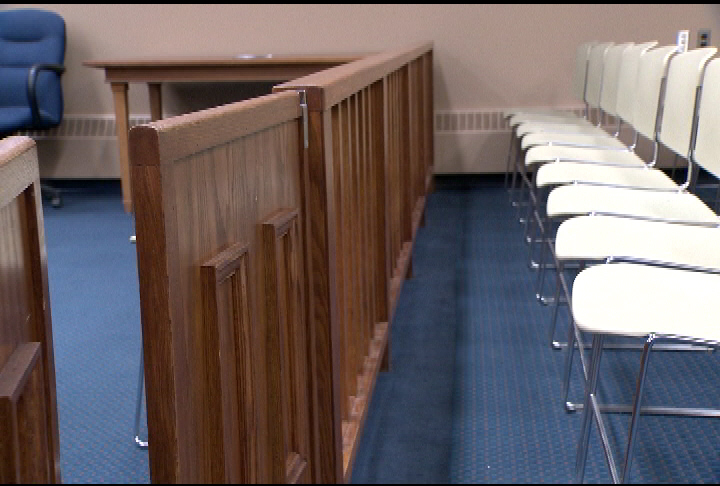It’s a scary number: since 1975 over 100 women in Saskatchewan have been killed by their spouse.

It all contributes to another terrifying stat. According to the 13th annual Family Violence in Canada report released last year, Saskatchewan leads the country in spousal abuse rates.
Statistics like these put a strain on resources in the province aimed at stopping the violence.
“For every apartment we have available, we have about seven to ten people waiting in line,” Sofia House Executive Director Sarah Valli said.
It is not just women waiting for a safe place to go. Their children are also caught in the same cycle.
“In the last year we serviced 20 families, and in those 20 families there were 30 children,” Valli explained.
When responding to domestic violence calls, Cst. Rob Power with the Regina Police Service says officers never know what will happen. Those reports can be some of the most dangerous they encounter because it is hard to know how someone will react when police are called to their home.

Get breaking National news
“Approximately seven per cent of our calls for service are domestic related calls,” Power said.
Of those calls, over half of them are just to keep the peace.
“It is taxing on our resources,” Power said. “Most of our calls really don’t even end up with charges.”
It is because often the woman does not file a formal complaint. Other times there is no physical evidence.
But many cases of domestic violence do go through the court system. The province is handling an alarmingly high work load at three courts specializing in domestic violence.
“They’ve maintained about 2,500 annually across the three, remembering there is a domestic violence court only in Saskatoon, Regina and the Battlefords,” Frankie Jordan, Senior Policy Analyst with the Ministry of Justice and Attorney General said.
Children can be greatly impacted by domestic violence. Family Service Regina handles around 500 referrals every month; many of them involve families with young children.
“They’re going to see abuse, high conflict, high stress, as part of a normal relationship, because that’s what they’ve learned as being normal,” Deb George, co-ordinator of Family Service Regina’s domestic violence unit.
“Some children become very aggressive, some children become very passive. For some kids it develops into physical issues. They have headaches, they have stomach aches.”







Comments